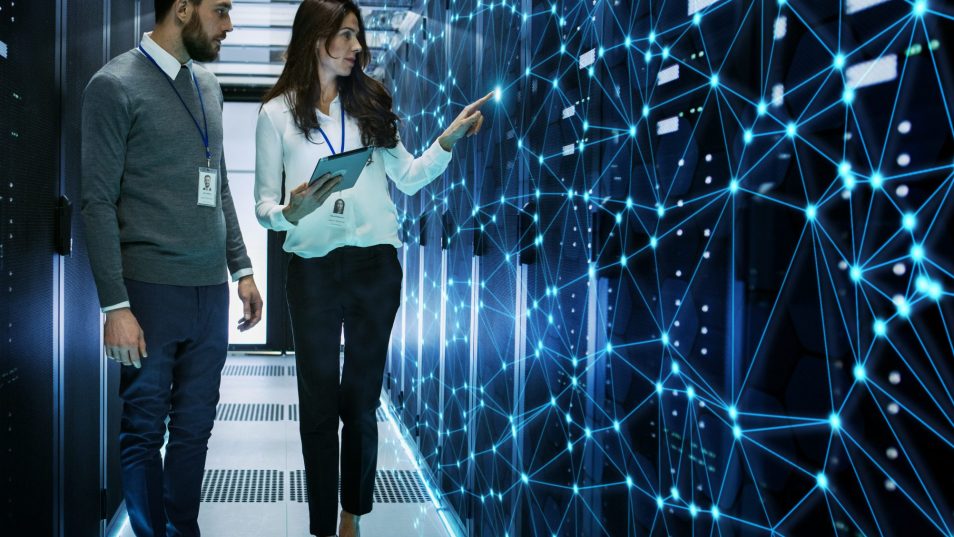Artificial Intelligence: SPOTLIGHT ON PEOPLE AND SOCIETY
 © iStock
© iStock Artificial intelligence remains one of the most crucial key technologies in our time, necessitating extensive research. Given the rapid progress in technological development, it is imperative to not only focus on its concrete potential but also consider the associated personal risks. This aspect will be highlighted by the German Centres for Research and Innovation (DWIH) in their joint focus topic for 2024.
Experts have long recognized the significant transformative potential of AI systems. However, the astonishing speed of technological development continues to surprise even seasoned professionals. In November 2022, the US-based company OpenAI introduced its GPT (Generative Pretrained Transformer) AI system to the general public through a chat function. Since then, generative AI programmes like ChatGPT have been establishing new standards in terms of intuitive usability, quality, and the diverse applications of artificial intelligence. From climate protection to education, mobility, and health, nearly every sector is already leveraging AI, poised to play a pivotal role in addressing the challenges of our age.
Recognising potential, minimising risks
Nevertheless, the rapid advancement in artificial intelligence carries inherent risks. Like any transformative technology, it serves as a potent tool with the capacity for both immense societal benefits and potential misuse to the detriment of individuals and communities. The pervasive influence of disinformation campaigns has notably surged with the aid of artificial intelligence, emerging as a significant security threat to civil society. Deepfakes and AI-generated manipulated news are already shaping public opinion ahead of elections, inciting unrest. Additionally, a critical concern is the concentration of AI research within a handful of companies. As AI integrates further into human life, the challenge lies in crafting open-ended AI applications that promote equitable development.

“The investigation and development of artificial intelligence (AI) is leading to disruptive developments at an extraordinary pace, unveiling unexpected possibilities, such as human-like language through language models like ChatGPT. While AI systems hold great potential for innovation, their specific characteristics also introduce new dangers and risks for individuals and society. To harness the immense possibilities offered by AI for the benefit of society, there is a pressing need for international consensus on basic ethical principles and the responsible use of AI systems.”Prof. Dr Patrick Cramer, President of the Max Planck Society
Addressing these risks requires transparent actions guided by rules and values, a commitment embraced by Germany and its European partners. The EU AI Act, presented in December 2023, stands as the world’s inaugural comprehensive legislative package on artificial intelligence. According to the Act, generative AI systems should be subject to specific requirements based on their risk classification, encompassing tasks such as information sharing, risk analysis, and documentation of the data used for AI training. This approach is essential to safeguard fundamental rights from being compromised by technological control.
In 2024, the DWIH will seize the opportunity to engage in dialogue with local stakeholders at various sites, collaboratively exploring the opportunities and risks associated with artificial intelligence for individuals and society at large. This is where the global strength of the DWIH network becomes evident. While many of the challenges addressed by AI technology present exciting global solutions, it is imperative to forge a collective, international commitment to harnessing the technology for the benefit of humanity.
